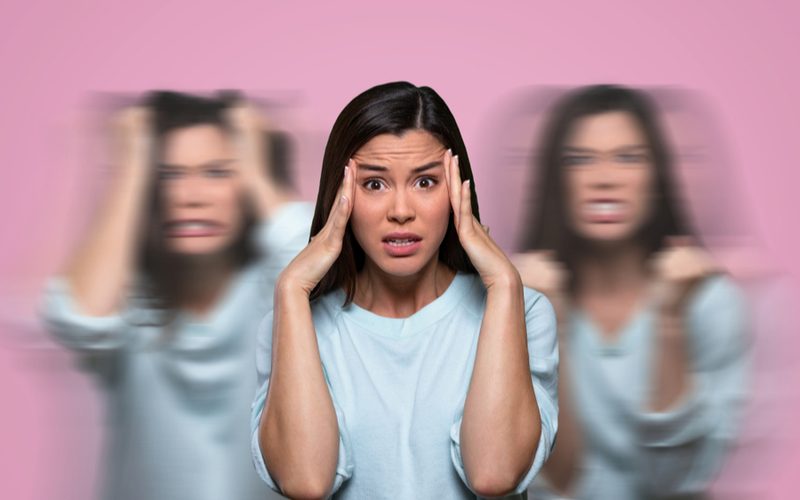Premenstrual Syndrome, or PMS, describes a collection of physical and emotional symptoms that a female may experience in the week or so before her period starts
PMS affects the majority of girls and women, but the symptoms and severity of their symptoms can vary. Some women experience just minor symptoms, but others may experience such severe symptoms that they need to take time off school or work. Some women notice that their symptoms get worse in their 40s as they approach a stage in their life called the menopause, when their hormone levels drop and their periods stop.
So what are the symptoms of PMS?
The physical symptoms of PMS include abdominal bloating, headaches, breast tenderness, cramping, a feeling of gassiness and backache.
The emotional symptoms include tiredness, mood swings, feeling sad or tearful, food cravings, anxiety and trouble concentrating or memory.
It’s thought to be caused by changes in the levels of hormones called oestrogen and progesterone that occur before a period begins.
Most of the time, PMS can be self-managed
When a girl or woman takes painkillers such as paracetamol or ibuprofen for their physical symptoms and deals with their emotional symptoms for example by talking to their friends or partner about how they’re feeling. Many women become so used to their symptoms that know that in a few days, they’ll feel better.
But some women require help from their doctor to deal with their symptoms, especially if their PMS causes depression and anxiety, or causes their depression or anxiety to become worse. Antidepressants and anti-anxiety medications can help to relieve these symptoms.
PMS symptoms can be helped
This can be living a healthy lifestyle with regular exercise, a diet of fresh, whole foods, getting plenty of sleep, staying hydrated and avoiding smoking and an excessive alcohol intake.
It can also be helpful to take certain vitamin supplements
Such as calcium, vitamin B complex, magnesium and omega 3 fatty acids, which can all help to support PMS symptoms. You will need to take these every day, and it may take a few months to notice any difference.
If you’re suffering with PMS symptoms, there’s no need to suffer in silence
Sometimes, speaking to other women and girls about their experience can help to normalise PMS and make you realise that what you’re experiencing is normal. It can also be helpful to speak to your GP who can prescribe you medications that can help if they think it will be beneficial. They can also refer you to a specialist in talking therapy that can also be helpful.
















